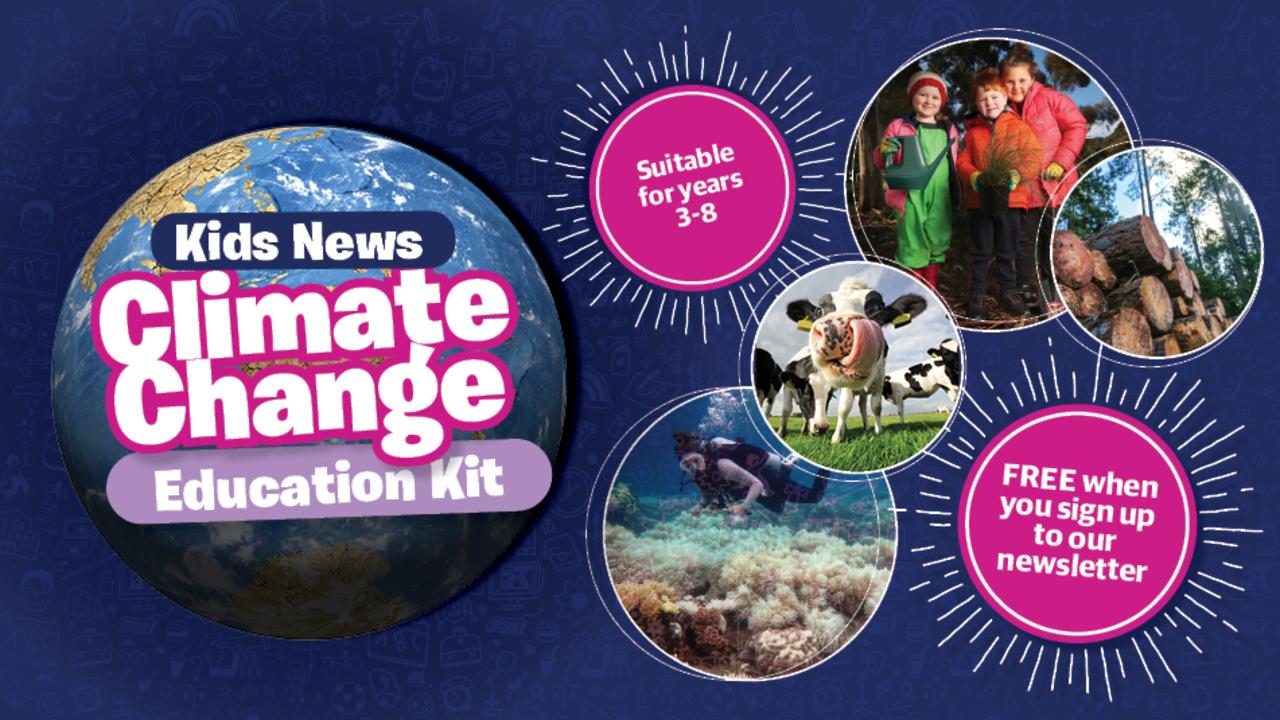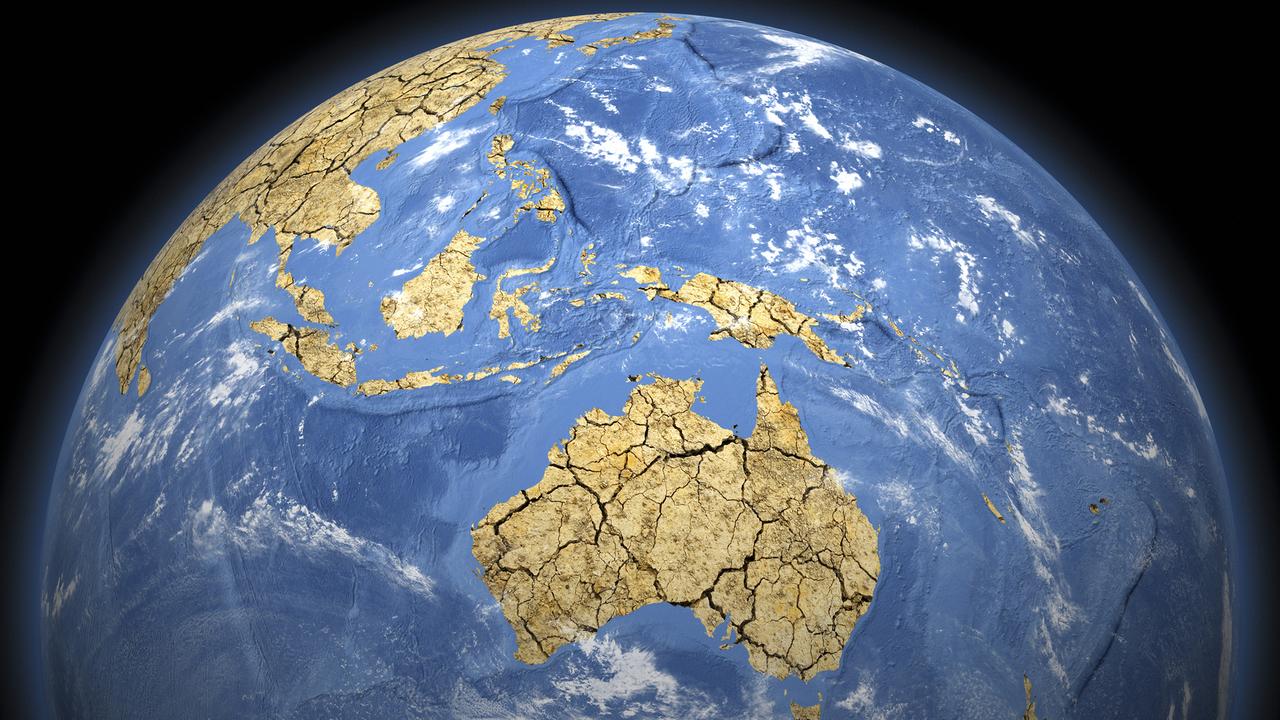Climate change Part 10: How to cope with climate worries
PART 10: Climate change can be a pretty scary topic. It’s understandable that kids might feel worried. But three are tools and strategies that can help you cope with climate concerns
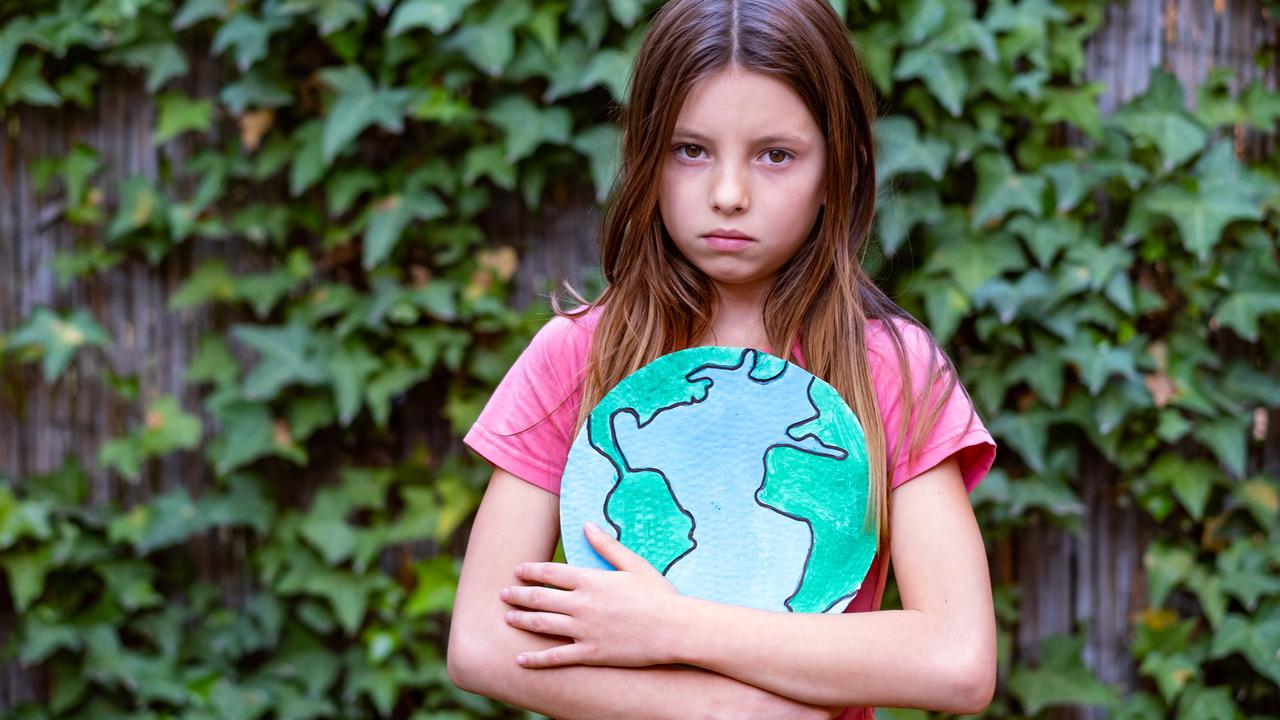
READING LEVEL: GREEN
If you’re feeling worried about climate change, it’s important to know you’re not alone. Many people of all ages are also worried.
There’s a term for what you’re feeling: eco-anxiety.
People with eco-anxiety might be feeling stressed, depressed, angry or deeply sad about the future of the planet – they may even be having all these feelings at once!
Kids Helpline did a survey on Instagram to ask young people about their environmental thoughts and fears.
It received 1066 responses and here are some of the findings:
- 89 per cent were worried about the environment.
- 89 per cent said the impact on their mental health was moderate to significant.
- 86 per cent were worried that environmental issues might impact on their future.
- 81 per cent had made lifestyle changes to help the environment.
- 79 per cent were unhappy with the adult response to the climate crisis.
- 59 per cent would rather know about environmental issues than not know.
Taking action
One of the best antidotes* to feeling helpless is taking action. Even the smallest action can help to shift your mood and give you a fresh perspective*.
Can you think of one or two changes you can immediately make that will help you help the planet?
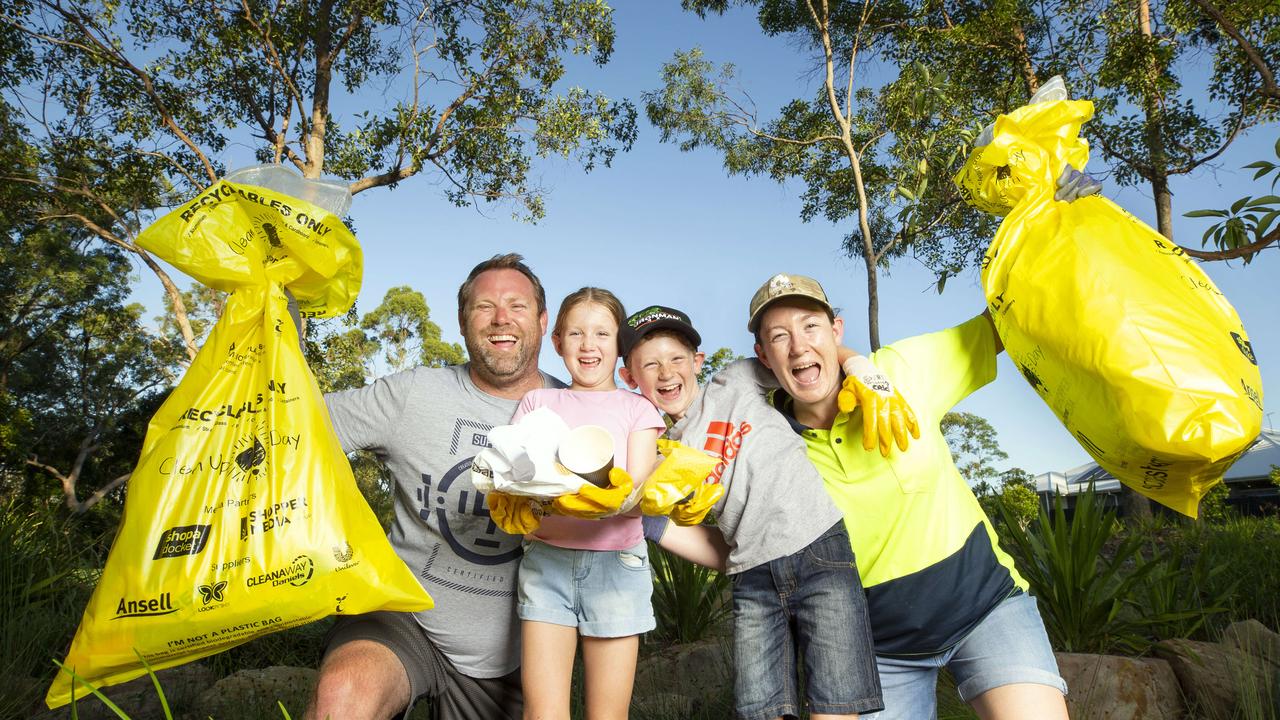
Perhaps it could be deciding to only buy quality clothes and only when strictly needed, rather than constantly buying fast fashion*, which is bad for the environment in many ways.
Maybe it could be teaming up with friends to pick up rubbish in your local neighbourhood.
Or it could be joining a group of young climate activists – being part of a group working for change can provide a powerful motivational boost*.
Swedish climate activist Greta Thunberg was severely depressed for several years before she started campaigning on climate change. Taking action helped lift her depression and gave her a new-found purpose.
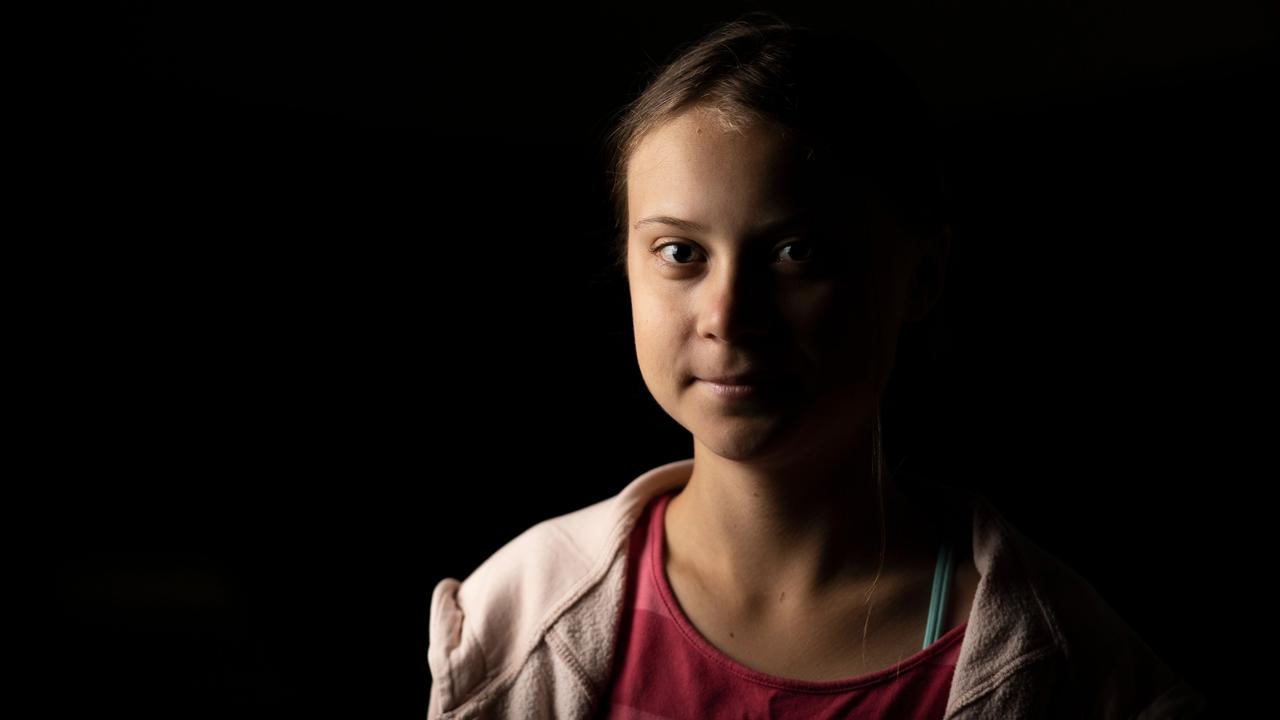
Of course, there is no requirement for any of us to become global climate-change superstars!
The message here is taking action can possibly give you renewed focus and help stabilise your feelings. Don’t lose heart if you have bouts* of feeling overwhelmed and helpless, though. It’s useful to remember that feelings come and go and can be managed by exploring what actions work best for you.
How to quell* climate anxiety
Here are some suggestions that could help you manage climate anxiety.
- Cut back on your exposure to negative stories about the climate in the media and on social media. We all need regular breaks!
- Pinpoint the feel-good activities that distract you and help you to de-stress. They could be anything from taking photos to catching up with a friend. Write them down so you can refer to them. Do these activities as much as possible.
- Walk in nature – your local park or a local leafy street are ideal. Nature soothes and inspires, and exercise increases endorphins, your “happy hormones”.
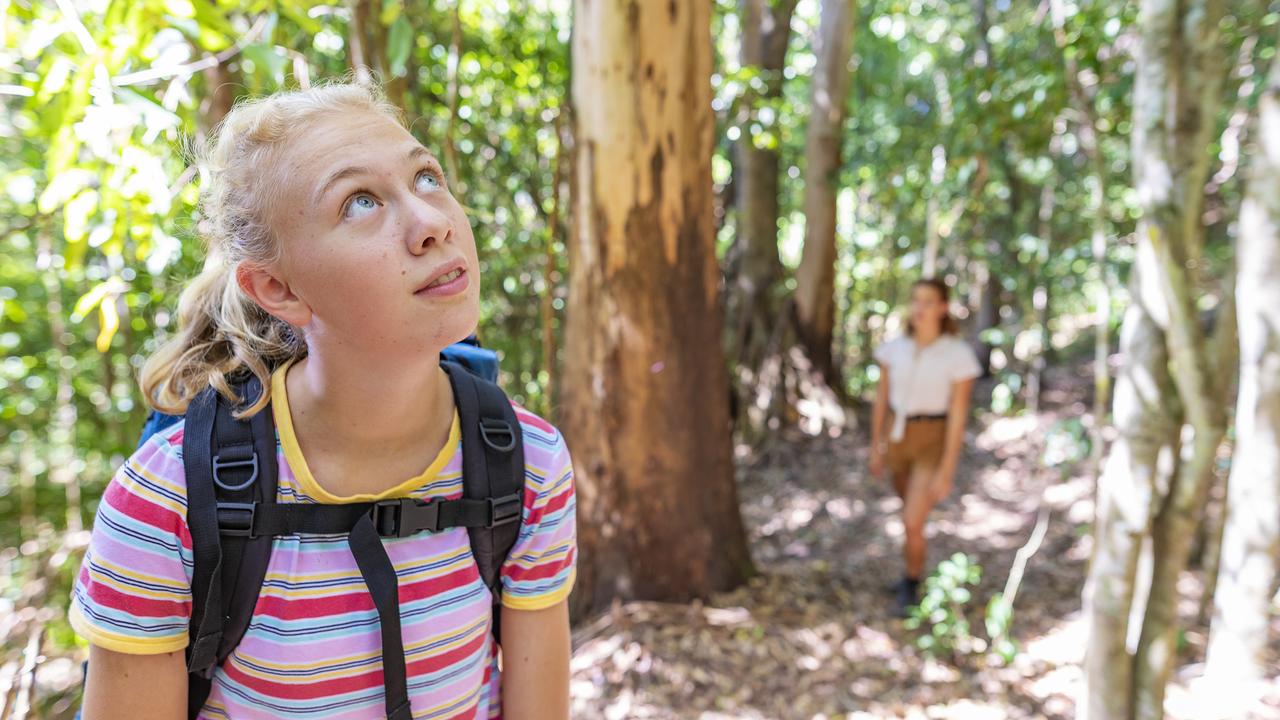
- Get a boost by looking into all the inspiring initiatives* by people stepping up to help the environment. Countless people around the world do care about climate change and are actively working to combat* it.
- Research companies that are striving to make a difference to climate change. When you need to buy new products, you’ll know which companies to support.
- Look for ways you can become more environmentally friendly. Not only will it make you feel good, leading by example can influence those around you and help normalise eco-conscious behaviours.
- If you’re feeling low, reach out for a chat with a friend, family member or the Kids Helpline. The helpline is Australia’s free (even from a mobile phone), confidential 24/7 online and phone counselling service for young people aged 5 to 25. Expressing how you feel can help a lot.
- Always remember: other people feel the same way. You are not alone.
GLOSSARY
- antidotes: medicines or ways to fix an unpleasant feeling or situation
- perspective: way of seeing something, outlook
- fast fashion: cheap clothing that is replaced quickly by another purchase
- motivational boost: increasing your desire to do or achieve something
- bouts: short periods
- quell: put an end to
- initiatives: new ideas or activities to achieve a goal or solve a problem
- combat: fight, take action to reduce or stop something
EXTRA READING
How to tackle the climate challenge
How kids can make a difference
QUICK QUIZ
- How many people responded to the Kids Helpline survey on Instagram?
- What percentage of them were worried about the environment?
- What percentage were unhappy with the adult response to the climate crisis?
- Who had depression before they started campaigning on climate change?
- As well as the Kids Helpline, who can kids consider talking to about their feelings?
LISTEN TO THIS STORY
CLASSROOM ACTIVITIES
Refer to the accompanying Climate Change Education Kit classroom workbook with 20 activities. It’s FREE when teachers subscribe to the Kids News newsletter.
